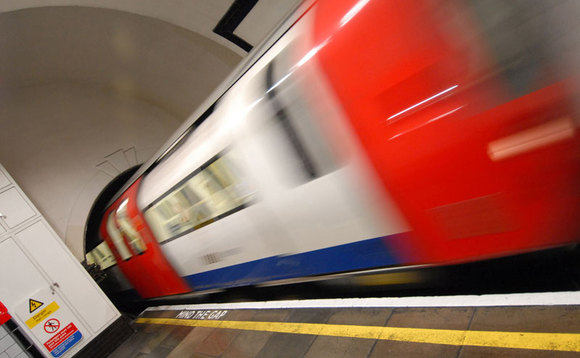24 million Brits would rather avoid public transport post-lockdown despite new Government advice
The Prime Minister is set to announce a change in government guidelines with regards to the usage of public transport. In a bid to urge workers back into their offices, the government is hoping to encourage people to use public transport in order to motivate consumers to use ailing businesses whose footfall has reduced dramatically during lockdown. The move would see the government reneging on previous pleas asking people to primarily consider all other forms of transport.

Roadmender Asphalt, a Sheffield-based road repair SME, has commissioned nationally representative research that has unveiled that Brits are still deeply sceptical towards using public transport. The research revealed that 69% of Brits would rather cycle or drive in to work now than take public transport due to the COVID-19 risk, amounting to 24,261,000 people. Furthermore, the study has unveiled that 65% would not feel comfortable commuting to work via public transport anymore.
In research produced by the RAC, 16.7 million people drove to work in cars. With Roadmender Asphalt’s new research suggesting that 24 million Brits will now be driving, British road networks could be set to witness an influx of 7.5 million extra cars on our highways.
As millions of Brits begin to head back to work, both the public transport and road infrastructures across the nation will begin to be used under a new norm of post-COVID conditions. Therefore, it is more important than ever that councils expand on their brilliant work they do to ensure potholes and road defects are addressed quickly, maintaining safety on the roads.
Key stats
- 69% of Brits would rather cycle or drive in to work now than take public transport due to the COVID-19
- 65% would not feel comfortable commuting to work via public transport anymore
- 35% agree travelling back to work in a traditional office environment will have a negative impact of their mental health
- 32% agreed driving is the most stressful part of their day, caused by the poor quality of roads
- 19% are willing to
To aid the provision of pothole repairs in the UK, Roadmender Asphalt, have recently come up with a novel approach to pothole repairs designed around a new material specifically designed for the job. Elastomac, as the innovation is known, is a novel repair material, made from predominantly recycled materials, that include seven end of life tyres recycled into every tonne.
Harry Pearl, CEO of Roadmender Asphalt, sheds a light on the importance of innovative thinking led by councils that has helping to transform the efficiency of road repairs.
“After a decade of austerity, councils have naturally gravitated towards innovation and have helped launch R&D hubs, working with innovative SMEs . Together, SMEs and councils have started to ask why are pothole repairs filled with the same materials made to build roads, when they can fill potholes with materials made specifically for the job, that may prove to be significantly more efficient and cost-effective.
Experienced by councils up and down the land, the problem with pothole repairs is they are carried out using a process built around materials designed for building roads rather than fixing them. As a result the process is more costly, inefficient and ineffective than it needs to be, rather like playing squash with a tennis racquet. You can do it but it’s far from ideal.”
